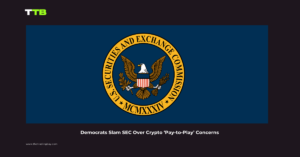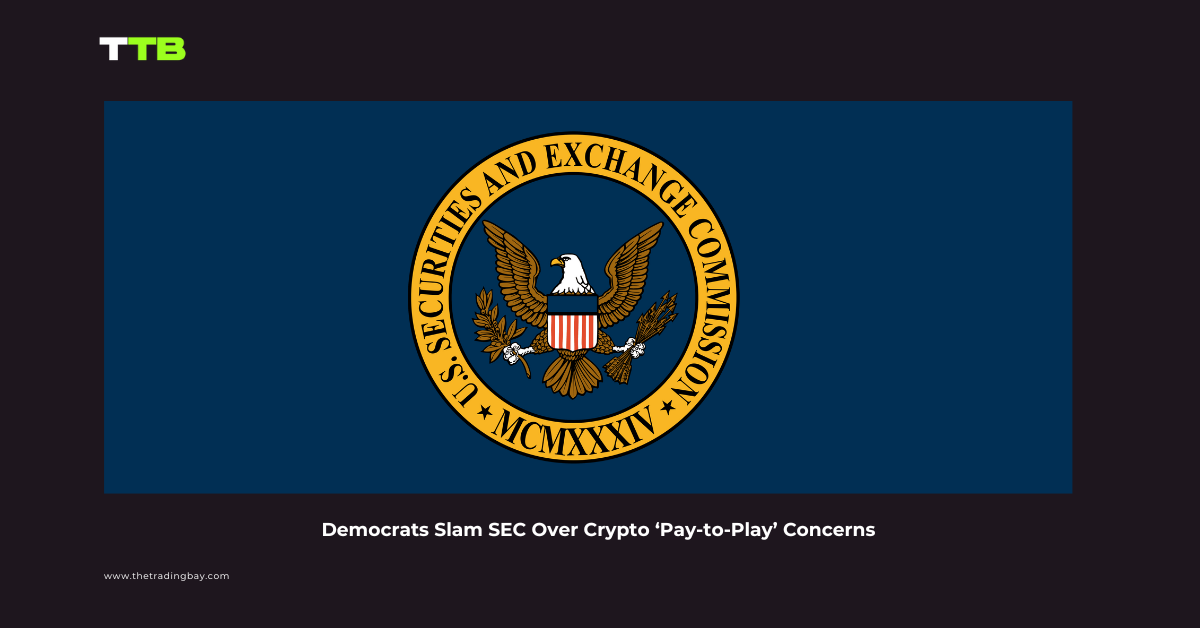The FBI is taking a novel approach to returning $1.14 million to victims of the CluCoin fraud, using non-fungible tokens (NFTs). This crypto scam, led by 40-year-old Austin Michael Taylor, began in 2021 and caused significant financial harm. Taylor, who pleaded guilty to wire fraud, diverted investor funds meant for CluCoin to fuel his online gambling addiction. The FBI’s use of NFTs for restitution is a first in law enforcement, highlighting their commitment to ensuring victims receive compensation.
The CluCoin Scheme: A Promised Charitable Focus
Austin Michael Taylor, known online as DNPThree, launched CluCoin in 2021. He attracted investors by promising a cryptocurrency project with a charitable mission. On May 19, 2021, Taylor launched CluCoin through an initial coin offering (ICO), successfully raising funds.
As the project gained traction, Taylor shifted his focus. He ventured into NFTs, developed computer games, and even proposed a metaverse platform. These new initiatives were designed to increase interest in CluCoin and its spin-off projects.
Misuse of Funds and Taylor’s Gambling Addiction
However, Taylor had other plans. He began withdrawing funds from a crypto wallet that held a portion of the CLU investor money. Between May and December 2022, Taylor transferred $1.14 million of these funds to his personal accounts on various crypto exchanges. From there, he funneled the money into online casinos, feeding his gambling habit.
In January 2023, Taylor publicly apologized, admitting his gambling addiction. He expressed deep regret for misusing investor funds, acknowledging the harm he caused to those who trusted him.
FBI’s Innovative Use of NFTs for Restitution
The FBI’s decision to use NFTs to return funds to victims is groundbreaking. By notifying “identified victims” through NFTs, the FBI is leveraging cutting-edge technology to ensure efficient restitution. This marks one of the first times NFTs have been used in such a way by law enforcement.
This innovative approach not only streamlines the restitution process but also demonstrates the versatility of NFTs beyond art and entertainment. The US Attorney’s Office has urged anyone who believes they were defrauded in the CluCoin scheme to come forward with relevant information.
Legal Repercussions and Broader Implications
Austin Michael Taylor will face sentencing on October 31. He could receive a maximum sentence of 20 years in prison for wire fraud. This case highlights the risks involved in cryptocurrency investments, especially when transparency and legitimacy are lacking.
The FBI has also been proactive in warning the public about the rise in cryptocurrency scams. On August 2, they cautioned web users about scammers pretending to be affiliated with crypto exchanges, aiming to steal funds. Additionally, on June 4, the FBI noted a surge in work-from-home job scams involving crypto, where fraudsters lure individuals with promises of lucrative jobs, only to steal their digital assets.
Conclusion
The CluCoin fraud case serves as a stark reminder of the potential dangers in the cryptocurrency world. The FBI’s use of NFTs for restitution sets a new standard in digital asset recovery, emphasizing the need for vigilance in crypto investments. As Taylor awaits his sentencing, the victims of his scheme can find some solace in the fact that law enforcement is employing innovative methods to deliver justice.












